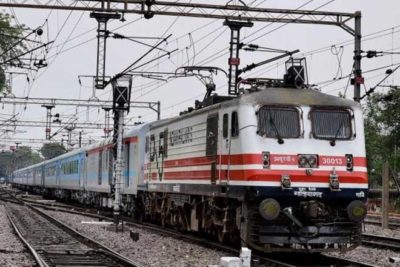
The Chairman, Central Pollution Control Board (CPCB), by invoking powers under the provisions of the Water (Prevention & Control of Pollution) Act, 1974, had issued a direction to all State Pollution Control Boards (SPCBs) to categorise railway stations based on the quantity of waste water generated.
Railway stations would be classified into red, orange and green based on the quantity of waste water generation and the disposal of untreated water into the municipal drain systems.
Red: Railway stations generating waste water equal to or more than 100 Kilo Litres per Day (KLD) would be categorised as red.
Orange: Railway stations generating waste water greater than 10 KLD but less than 100 KLD would come under the orange category.
Green: Railway stations with less than 10 KLD waste water generation would be branded green.
Background
The National Green Tribunal (NGT) has directed the Indian Railways to get a No Objection Certificate (NOC) from the CPCB under the provisions of the Water Act & Air Act.
A clarification was sought since railway stations did not figure in the classified list of industries requiring permission to operate.
About NGT: The National Green Tribunal has been established on 18.10.2010 under the National Green Tribunal Act 2010 for effective and expeditious disposal of cases relating to environmental protection and conservation of forests and other natural resources. New Delhi is the Principal Place of Sitting of the Tribunal and Bhopal, Pune, Kolkata and Chennai shall be the other four place of sitting of the Tribunal.
About CPCB: The Central Pollution Control Board (CPCB), statutory organisation, was constituted in September, 1974 under the Water (Prevention and Control of Pollution) Act, 1974. Further, CPCB was entrusted with the powers and functions under the Air (Prevention and Control of Pollution) Act, 1981.


